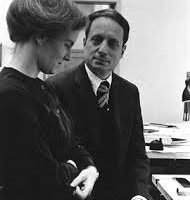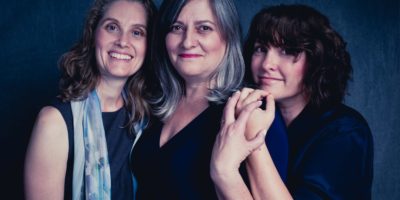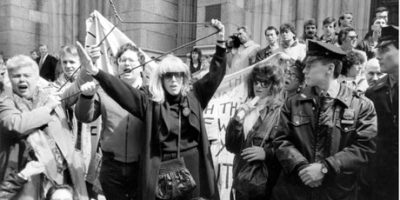Rahel: A Golden Age Feminist Foremother
In The Wayward Moon, Janice Weizman tells the story of a Jewish woman living in ninth century Babylonia. In the book’s opening pages, Rahel bat Yair, a 17-year-old, witnesses the brutal murder of her father, a respected physician, by a government official. Without thinking twice, Rahel plunges the knife into her father’s murderer and has to flee her native Sura, a major center of Jewish learning both in Talmudic times and in the Geonic period in which this novel is set. Amusingly if implausibly, she disguises herself first as a man, then as a Muslim slave girl, and then as a Christian monk, and there is something picaresque and even quixotic about her episodic adventures.
Towards the end of the novel, after she has endured the pain of loss, the indignities of servitude, and the agony of rape, Rahel finds herself confronted by the choice of marrying either her lover, a barbarian named Lucan who hails from the northern islands beyond the reaches of the Islamic empire (presumably the British Isles of today), or a respectable Jewish widower in search of a mother for his children. Rahel’s Jewish identity is already worn as thin as the bundle of clothes she carries with her, so perhaps it is not surprising that like many assimilated Jews today, she opts to follow her heart. She elopes with Lucan and the two set off on a caravan journey, until one morning she wakes up to “a sight of unspeakable horror. Lucan lay facedown in a pool of blood, a knife in his back.”
Saved from the temptations of suicide by a Sufi master who directs her to a great rabbinic sage in the land of Israel, Rahel makes her way to the Galilee, where she follows the road previously not taken and marries another Jewish widower, ultimately returning to the fold. Weizman’s literary world, redolent with the scent of jasmine and saffron, offers us a fascinating window into a little-known period of Jewish history, and the reader willingly suspends disbelief to follow an increasingly self-assured and (pardon the anachronism) feminist Rahel as she comes into her own against the backdrop of the Golden Age of Islam.




